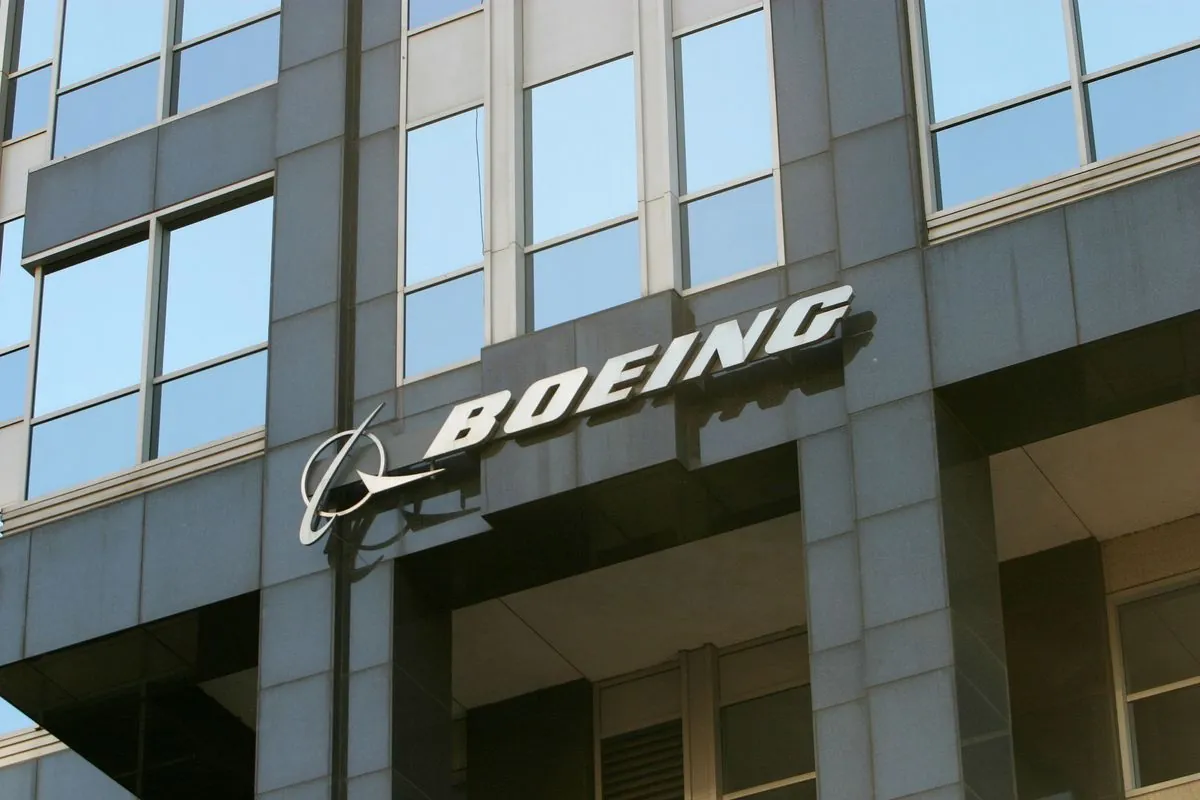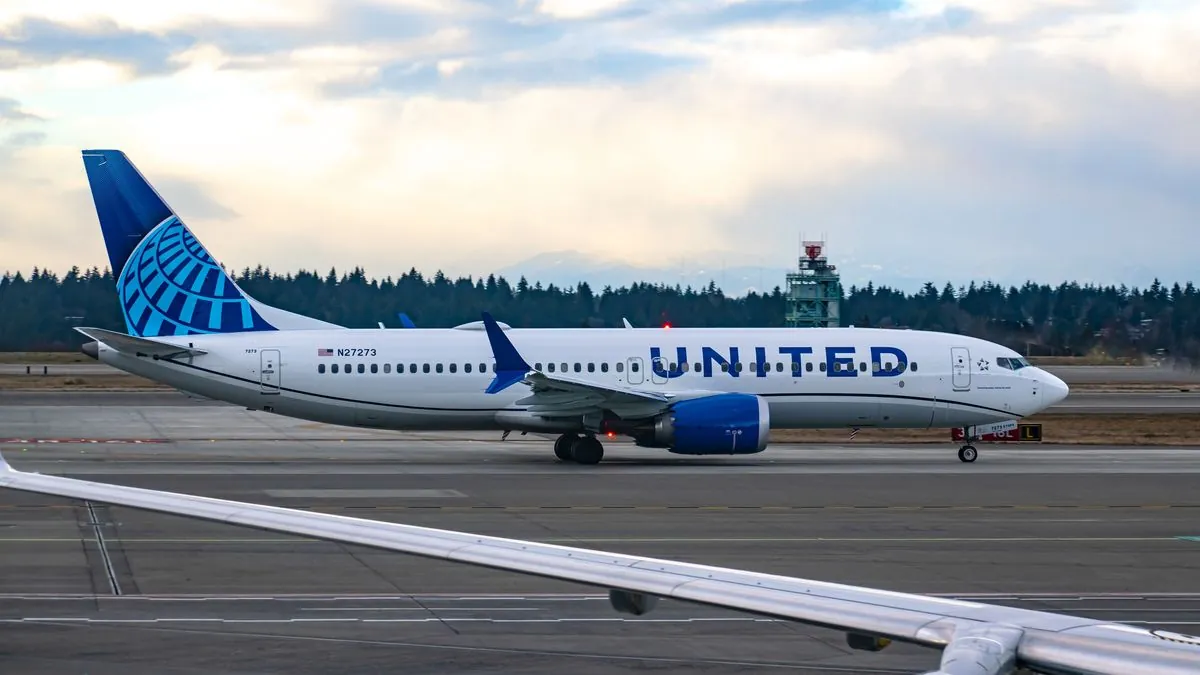Senators Demand Criminal Prosecution of Boeing Executives for Safety Issues
U.S. Senators call for tougher action against Boeing executives over safety concerns. The demand comes ahead of a federal hearing on Boeing's plea agreement related to 737 Max crashes.

Elizabeth Warren and Richard Blumenthal, two Democratic U.S. senators, have urged the Department of Justice to take more stringent measures against Boeing executives. In a letter addressed to Attorney General Merrick Garland, they called for criminal accountability for safety issues affecting the company's aircraft.
The senators argue that previous attempts to bring about change at Boeing have been ineffective due to the reluctance to criminally prosecute responsible individuals. They emphasized the need to end the practice of corporate executives evading prosecution for criminal misconduct, which they believe compromises customer and worker safety.

This call for action comes as Boeing faces ongoing scrutiny over its safety record. The company, founded in 1916 by William Boeing, has been embroiled in controversy following two fatal crashes of its 737 Max aircraft in Indonesia (2018) and Ethiopia (2019), resulting in 346 fatalities. These incidents led to a worldwide grounding of the 737 Max from March 2019 to December 2020, marking a significant setback for the world's largest aerospace manufacturer by revenue.
A federal hearing is scheduled for next week regarding Boeing's agreement to plead guilty to conspiracy in connection with the 737 Max incidents. Some families of the crash victims oppose this agreement, seeking a trial that could potentially result in harsher penalties for the company.
The Justice Department has stated that conspiracy to defraud the government is the most serious charge it can prove, citing a lack of evidence directly linking Boeing's actions to the crashes. However, this stance has been criticized by victims' relatives and their legal representatives, who view the settlement as overly lenient.
"This coddling comes at the expense of customer and worker safety, and it must end."
The proposed settlement includes a fine of at least $243.6 million, a $455 million investment in compliance and safety programs, and a three-year probation period for Boeing. Critics argue that this arrangement fails to adequately address the loss of life and suggest that Boeing's status as a major government contractor may have influenced the decision.
Boeing's challenges extend beyond these legal issues. The company is currently grappling with a strike involving 33,000 machinists and has faced a series of recent safety concerns. Last week, federal safety investigators issued urgent recommendations regarding potential pedal jamming issues in 737 Max jetliners. Earlier this year, a door plug incident on an Alaska Airlines flight raised further questions about the company's quality control measures.
These ongoing issues highlight the complex challenges facing Boeing as it strives to maintain its position in the global aerospace industry. As a significant player in both commercial and defense sectors, Boeing's ability to address these safety concerns and rebuild public trust will be crucial for its future success.
The company's extensive involvement in various aerospace sectors, including commercial aviation, defense contracting, and space technology, underscores the far-reaching implications of its safety practices. As Boeing continues to work on innovative projects such as sustainable aviation fuels, electric propulsion systems, and autonomous aircraft technology, the resolution of these safety issues will be paramount in shaping its trajectory in the evolving aviation landscape.


































